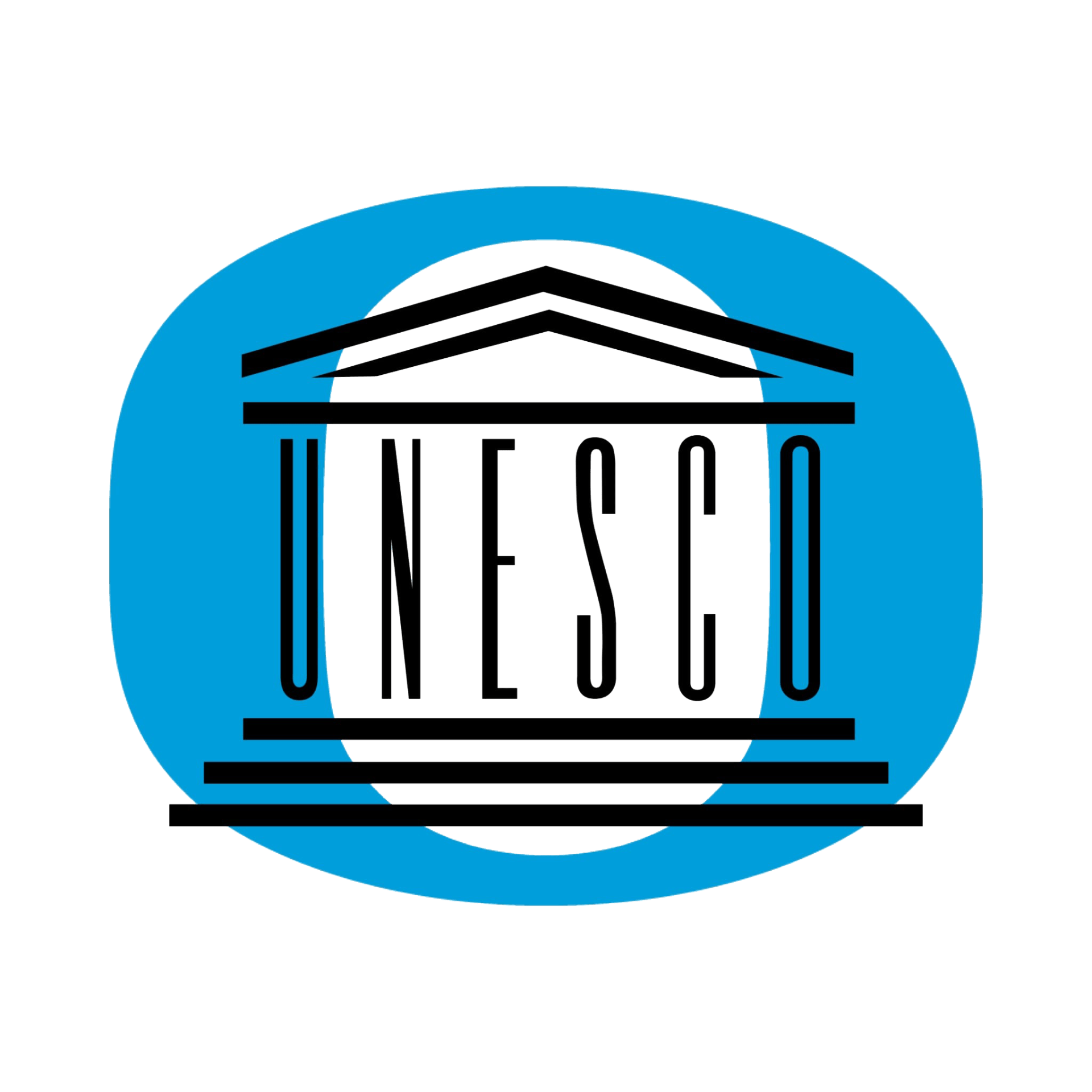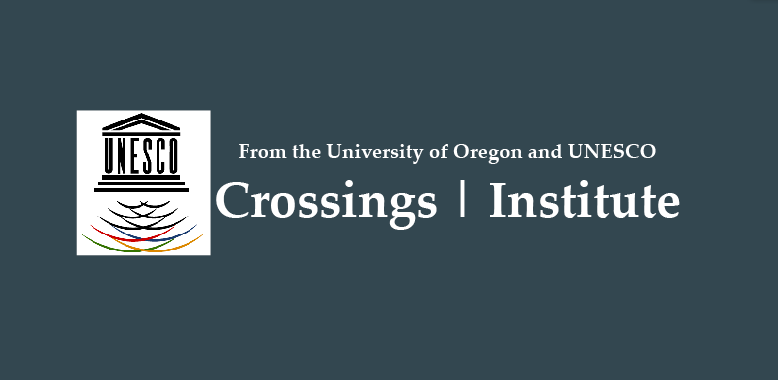This op-ed by Will Johnson, an adjunct instructor of international studies at the University of Oregon, and Crossings Institute co-director Dr. Peter Laufer was originally published in The Register-Guard of Eugene, Oregon. To view the original article, click here.
BUENOS AIRES, Argentina — “They entered here, and they took our hard disks,” Javier Matías Borelli said as he showed us the ransacked offices of his newspaper, Tiempo Argentino, in the Buenos Aires neighborhood of Palermo.
It’s been over a week since the paper’s offices were invaded, shortly after midnight on July 4. Armed thugs kicked and threatened staffers. Along with taking the disks containing the newspaper’s archives, the invaders severed Tiempo’s Internet and telephone connections with wire cutters and turned the business office files upside down.
Nothing else was stolen. “It is an attempt to stifle our freedom of speech,” says Borelli, president of the cooperative that publishes Tiempo. “They were aiming to destroy our ability to publish.”
Despite the assault on its infrastructure, Tiempo Argentino managed to publish an extra the next day, a special edition detailing the attack, documenting it with photos of the destruction, and informing readers of difficult-to-believe details: Police called to the scene by Tiempo staffers just stood by watching; they did not intervene. The authorities arrested no one while they offered safe passage from the scene to the perpetrators.
For the last several weeks, 22 University of Oregon students have been studying with us in Argentina, working on both journalism and human rights issues.
The focus of their reading and research has been the recent past: The plight of the “desaparecidos” — the thousands of people who were kidnaped, tortured, and discarded without mercy by the Argentine military dictatorship, with complicity from Washington, in the 1970s and ’80s during the country’s so-called Dirty War. Students are immersed in the iconic imagery of the Madres la Plaza de Mayo, walking with the fearless women who for nearly 40 years have marched every week in cities across the country to demand answers about the fate of their children and grandchildren.
Argentina is an ideal place to study human rights and journalism. This country’s recent past teaches us how quickly so-called national security threats, along with the suspensions of civil and political rights, can devolve into state-sanctioned terrorism. It reminds us that the violation of anyone’s human rights — especially the right to think and speak freely — is an assault on us all, one that wounds society in sometimes unimaginable ways.
For example, during the Dirty War, disappeared journalists were forced to write propaganda for the dictatorship from a newsroom in a clandestine torture chamber.
Oregon students were sobered by such stories, but perhaps were lulled by Argentina’s tango and its tasty grilled hunks of meat into believing the had country learned from its sordid past, and that assaults on freedom of expression were things of the past. That illusion ended when a Tiempo reporter spoke to one of our classes a couple of days after the attack.
As a UO student later said, “History jumped off the book and became very real, very fast.”
“They had clear intentions of destroying our newspaper,” journalist María José Garcia Moreno told our students. And about the police response, or lack of response, she lamented, “The government is not doing anything. This is the saddest part.”
Yet she and the rest of the staff are energized, the editions of the paper since the crisis started are vibrant, sales are increasing, and international outrage is fueling solidarity from journalists far from Argentina.
We are convinced this experience reminds our students that their own human rights are vulnerable. We hope it teaches them the value and necessity of constantly demanding from governments the rights to which all citizens are entitled. We hope it strengthens their understanding of the interconnectedness of all peoples, of how their individual action has the potential to save lives and that inaction essentially condones human rights violations in far off places and at home.
We hope it prepares them to fight for all of our rights as they graduate from students to their professional lives.
These are reasons why we take our Oregon students far from Eugene in UO study abroad programs. International travel and education are life-changing experiences. This is especially true for programs that combine traditional tourist activities and language study with serious, emotionally and intellectually challenging excursions.
“I am not afraid,” reporter María José Garcia Moreno told our students as she worked on the next edition of Tiempo Argentino, “I am furious.”
The passion of such stoicism, especially without the type of police protection both Argentines and Oregonians expect when they call 911, is an urgent contemporaneous lesson and one hard to replicate without a passport and a ticket to a port far from the comforts of home.
Will Johnson teaches in the International Studies Department and the Law School at the University of Oregon. Peter Laufer is the James Wallace Chair Professor of Journalism at the UO. Both lead Global Education Oregon study abroad programs.
The views expressed herein are the author’s and do not necessarily reflect those of the University of Oregon-UNESCO Crossings Institute.



anabolic steroids before and after
References:
cutenite.com
These embrace cryofibrinogenemia, lipodermatosclerosis, and hereditary angioedema.
The scientific efficacy of drugs is confirmed via scientific analysis.
When combined with testosterone, Winstrol and Anavar
can create a well-rounded stack for muscle building and performance enhancement.
Testosterone serves as the bottom compound, offering the necessary hormonal help
whereas Winstrol and Anavar contribute their distinctive benefits.
This mixture can yield spectacular features in muscle mass, strength,
and overall physique. A frequent question asked by many performance
enhancers is how a lot of a particular hormone should I use and whereas there’s not all the time a reduce and dry reply there are tips we
can observe.
To begin with, it’s essential to find out your targets and set up the relevant dosages based
on your experience stage and body composition. The most noticeable results will doubtless be lean muscle development and enhanced definition. Winstrol was developed within the 1960s and became in style for its capacity to boost muscle definition, energy, and endurance.
We’ll examine and contrast Anavar and Winstrol on this article so you could make an knowledgeable choice about which one is best for you.
We will talk about plenty of issues concerning the two steroids together with a Winstrol
and Anavar cycle, the benefits of each steroids, the unwanted
effects, and more. When it comes to dosing Winstrol plus Anavar, it is crucial to begin with low doses and
steadily enhance to evaluate individual tolerance and response.
For males, a standard dosage vary is mg of Winstrol per day, mixed with 30-50mg of Anavar per day.
Nonetheless, it’s essential to consult with a healthcare skilled or experienced steroid person to determine the optimum dosage on your specific targets.
These illnesses result from the intake of an unhealthy food regimen that
is wealthy in calories and fats. Winstrol helps to scale back the chance
of a quantity of cardiovascular ailments, together with atherosclerosis.
Apart from utilizing Winstrol, you need to adopt a wholesome lifestyle to avoid
any unwanted aspect effects of Winstrol.
For greatest results, it is suggested that you simply use
it for no much less than two months. You may also discover
that your muscle tissue will turn out to be harder and extra defined.
For instance, if you’re a bodybuilder without much fats
to lose, then it might take you somewhat longer to see outcomes.
Whereas similar to testosterone, stanozolol has been chemically modified and comes with the good thing about having a higher ratio of anabolic exercise to androgenic activity compared to testosterone.
Winstrol affects the body’s pure hormone operate and, consequently, can have an result on your mood.
This is an area to pay shut attention to when utilizing Winstrol so you possibly can adjust your dosage accordingly.
Underground lab steroids, together with Winstrol, come from, as the name suggests,
unregulated labs that have no regulation or approval to function,
manufacture, or sell steroids. These can range from professional-type setups to people’s yard
sheds. This means you have no thought the place your
Winstrol has been manufactured, what precisely could be
in it, and who has created it. The outcomes that females can get from Winstrol can differ substantially from these of males.
On the opposite hand, in case your objective is to carve out
those hard-earned muscle tissue by shedding physique fat, your cycle may be designed accordingly.
The complement in question has proven exceptionally efficient in these chopping phases, allowing
the user to maintain lean tissue whereas on a calorie deficit food plan.
By using it during this part, you get to keep your lean muscle mass while eliminating the unneeded physique fat.
Whether your aspiration is to enhance muscle definition, lose body fats, or both, the way
you construction your cycle can significantly affect the outcomes you obtain.
This means that at its core, Testosterone
Propionate is just pure testosterone and, due to this fact, comes
with an anabolic and androgenic ranking of a hundred and 100.
Whereas girls can use Winstrol, they should observe a decrease dosage because of the risk of virilization or the
development of masculine features. As an intermediate user, it’s
doubtless time to discover further stacking options.
A combination of our discussed steroid, Testosterone, and Primobolan provides a potent combine.
Whereas adding these, especially Primobolan, notice that your body’s demand for Publish Cycle Therapy will intensify, so plan your PCT
with further care. After successfully finishing a beginner cycle, you may feel ready to
elevate your sport and progress to an intermediate stage.
This development goals to amplify outcomes whereas sustaining
the balanced strategy that governed your preliminary cycle.
Hence, if an anabolic steroid or a drug is followed by the word ‘depot’,
it signifies that it is certainly an injectable variant
of the drug. Furthermore, it’s essential to regulate potential unwanted effects and adjust your cycle
accordingly. While Primobolan and Winstrol are generally thought-about protected when used
responsibly, everyone’s body reacts in another way. Common unwanted effects may embrace liver pressure, cardiovascular issues,
and hormonal imbalances. Common monitoring of your health
markers, similar to liver enzymes, cholesterol levels, and hormone
ranges, is very really helpful. Winstrol, then again, is
a potent anabolic steroid derived from Dihydrotestosterone (DHT).
It is renowned for its ability to advertise strength, increase vascularity,
and enhance athletic performance.
References:
pedselite